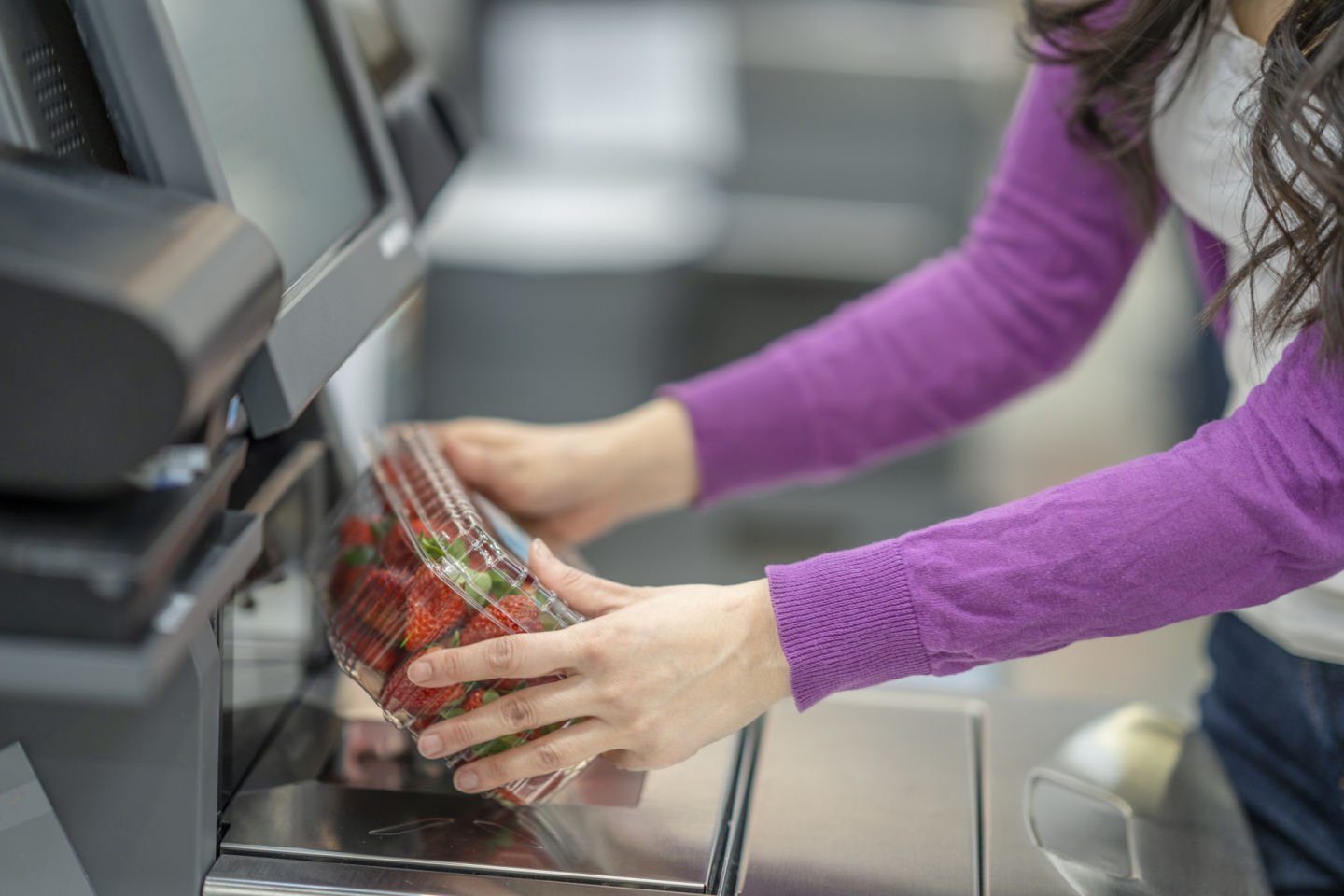Are self-service checkouts on the way out?
Why a British retailer is replacing its robots and putting humans back behind the counter.

Supermarkets urged to consider seniors
National Seniors Australia chief operating officer Chris Grice has called on supermarkets to consider older shoppers when making changes such as introducing self-checkouts.
“While National Seniors understands there is a transition to more automated systems, and these can have benefits for some consumers, these decisions should be made with seniors and others in mind,” he said.
“Some seniors may not be able to use self-service checkouts because they’re not comfortable with the technology, staffed checkouts are all they’ve known, or they enjoy the human interaction.
“Most self-service checkouts accept cards only, not cash, which is still used by many seniors.”
Mr Grice said local bank and ATM closures have meant supermarket checkouts have become a place for some people to withdraw cash, and this was another reason why staffed checkouts should remain available.
When a new business technology comes along, it’s inevitably promoted as being more convenient for the customer.
We’ve seen that with banks that successfully persuaded us first to use ATMs and then apps on our own phones rather than make transactions over the counter with the help of another human being.
Recently, big supermarkets and other retailers have been replacing staffed counters with “self-checkout” options that require us to do the work formerly done by an employee.
In two or three generations, we’ve gone from a situation where a person behind a counter fetched our groceries, rang them up on cash register, and then packed them up for us, to having to do the entire process ourselves without any human assistance.
That may be the nature of progress, but is it what we really want?
Well, according to one upmarket British supermarket chain, the answer is no.
Booths has joined other retailers around the world, including some big chains in the United States, in eliminating self-checkouts or reducing their numbers.
Booths is removing the machines from all but two of its 27 stores because, according to managing director Nigel Murray, “customers have told us over time, that the self-scan machines that we’ve got in our stores can be slow, they can be unreliable, they’re obviously impersonal”.
Murray noted that machines relied too much on customers to identify the produce they were buying, whereas a staff member was trained to know the difference between similar items.
“Some customers don’t know one different apple versus another, for example,” he said. “Rather than artificial intelligence, we’re going for actual intelligence.”
Gary Mortimer, professor of marketing and consumer behaviour at the QUT Business School in Brisbane, said he didn’t believe Australia’s major supermarkets would follow Booths’ lead.
“There’s certainly some smaller grocers, in South Australia particularly, that don’t use self-service registers,” he told The New Daily.
“When you are dealing with fast-moving consumable goods, when you’re dealing with thousands of customers every day, sometimes these types of technologies do expedite that service process.”
Mortimer said Australian supermarkets would probably continue to offer some staffed checkouts for people who did not want to do it themselves.
One reason that has caused pause for thought among retailers including American giants Costco and Walmart, which are cutting back on the number of self-service machines they use, is that they are expensive to install and maintain.
Another is that they have led to an increase in “shrink” – the disappearance of stock due to shoplifting or other dishonesty.
A survey conducted in Europe and the US found that companies with self-checkout lanes had a loss rate of about 4%, more than double the industry average.
That is probably the case here too, with recent Monash University research showing that many consumers take a looser ethical approach to using self-service checkouts.
About one-third of survey respondents saw no problem with trying to trick the technology.
37% believed scanning a purchase as a cheaper item was “justifiable”.
28% thought it was OK to take an item without paying for it.
30% agreed that it was “fine” to change the price tags on products.
32% said not scanning some items at a self-serve checkout was “fine”.
Attitudes differed depending on the age of the respondent, with consumers over the age of 55 likely to be more honest.
Related reading: The New Daily, CNN, The Guardian, The Atlantic


